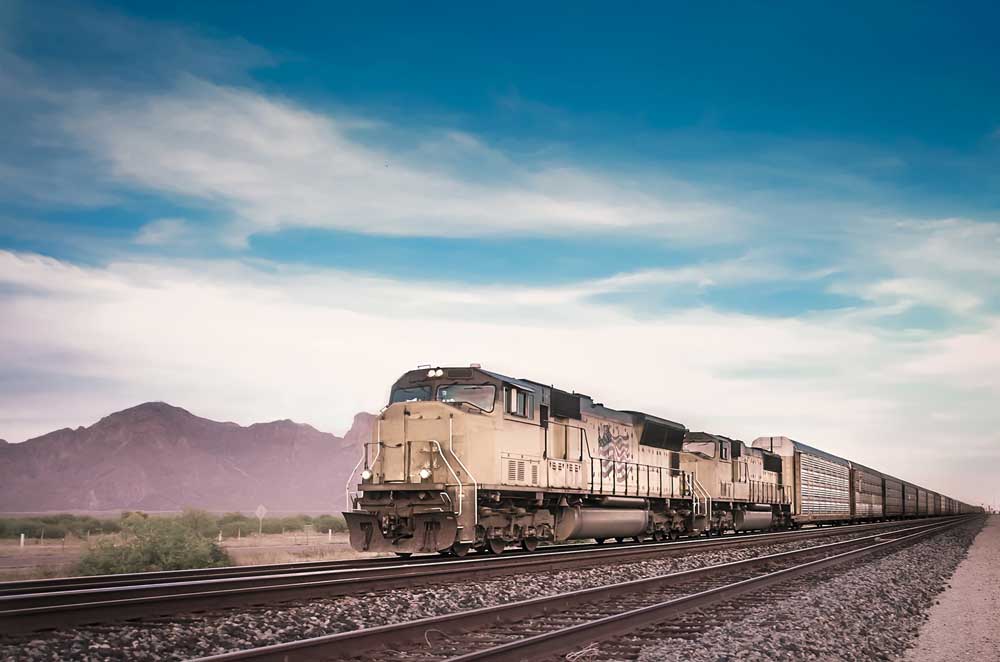Concerns spiral over potential railroad shutdowns
Published 4:15 pm Monday, September 12, 2022

- The lack of an agreement between the railroad companies and unions has raised concerns about a shutdown.
The potential of U.S. railroads halting operations grows each day as the federally mandated cooling-off period in negotiations between railroads and their labor unions ends Sept. 16.
Trending
The U.S. Chamber of Commerce is urging Congress to take immediate action to implement the contract recommendations of the Presidential Emergency Board if the railroads and unions can’t reach a voluntary agreement.
“A national rail strike would be an economic disaster, freezing the flow of goods, emptying shelves, shuttering workplaces and raising prices for families and businesses alike,” Suzanne P. Clark, U.S. Chamber of Commerce president, said on Monday. “But that is exactly what is likely to happen in less than four days.”
The Agricultural Transportation Coalition is also urging Congress to step in if necessary to avert a rail strike.
Trending
“A complete stoppage of the rail system would lead to shutdowns or slowdowns of all rail-dependent facilities, resulting in devastating consequences to our national and global food security,” the coalition said in a letter last week to Senate and House transportation committee leaders.
The Fertilizer Institute, a member of the coalition, sent a separate letter to congressional leaders urging action.
“Supply chains are already strained and there is currently zero elasticity in rail transportation. This situation will get exponentially worse every day there is no resolution,” said Corey Rosenbusch, president and CEO of the institute.
The Association of American Railroads said failure of Congress to act could idle more than 7,000 trains a day and trigger retail product shortages, widespread manufacturing shutdowns, job losses and disruptions to hundreds of thousands of passenger rail customers.
“As the freight sector heads into peak shipping season, a nationwide rail work stoppage would result in an unnecessary $2 billion daily economic hit,” said Ian Jefferies, president and CEO of the association.
The rail carriers announced Friday evening they would begin taking steps to manage and secure hazardous and security-sensitive materials, such as chlorine and fertilizer, as early as Monday and warned other freight customers could also start to experience delayed or suspended service.
Labor unions SMART TD and Brotherhood of Locomotive Engineers and Trainmen said the railroad embargo of certain types of shipments and possible blockage of others is an effort to provoke congressional action.
“This completely unnecessary attack on rail shippers by these highly profitable Class I railroads is no more than corporate extortion,” the unions said in a statement on Monday.
The American Trucking Association is also calling on Congress to help resolve the labor negotiations, warning of the dire consequences of a strike.
Idling all 7,000 long-distance daily freight trains in the U.S. would require more than 460,000 additional long-haul trucks every day, which is not possible, said Chris Spear ATA president and CEO, said.
“As such, any rail disruption will create havoc in the supply chain and fuel inflationary pressure across the board,” he said.







